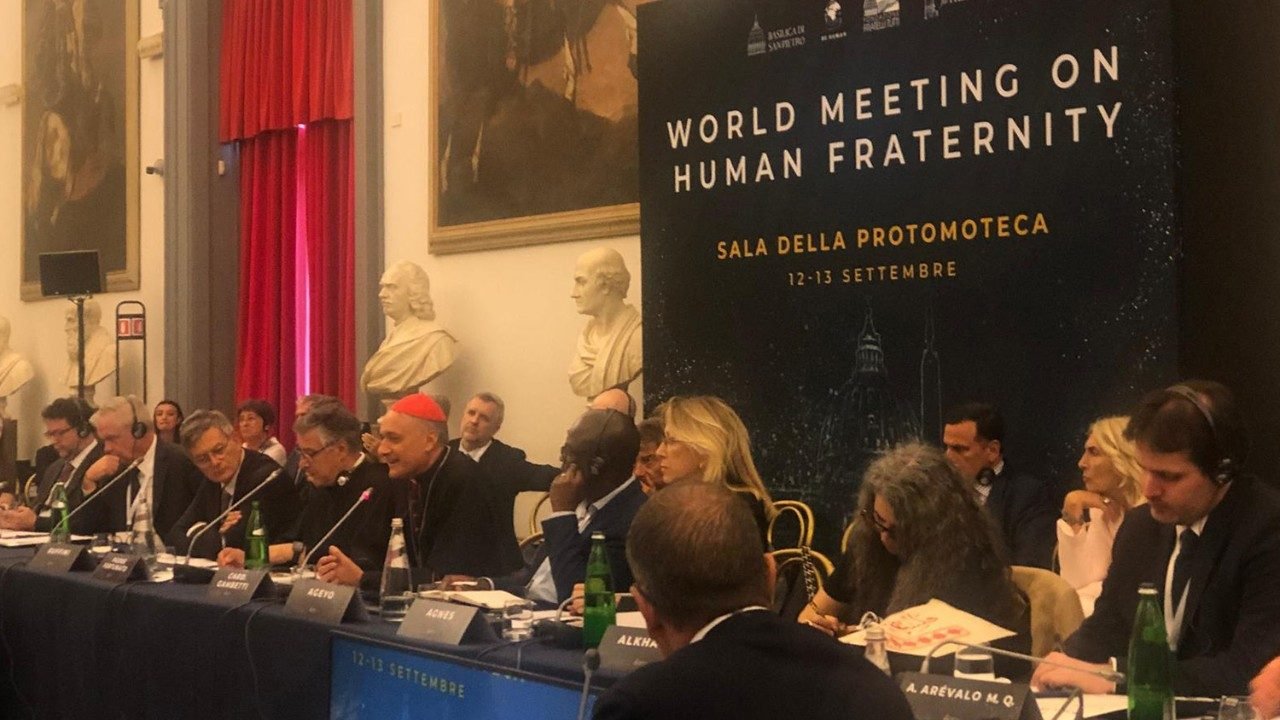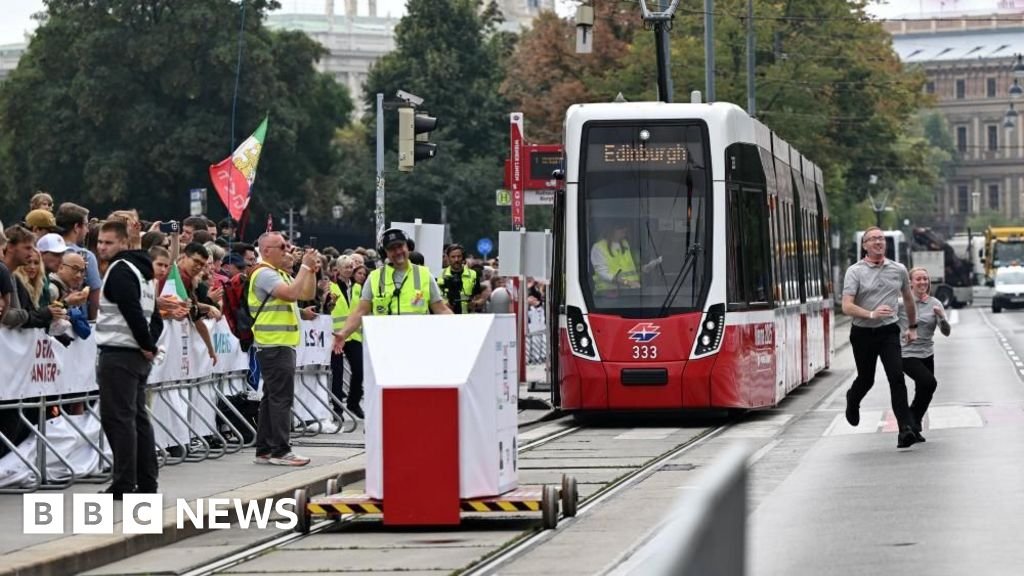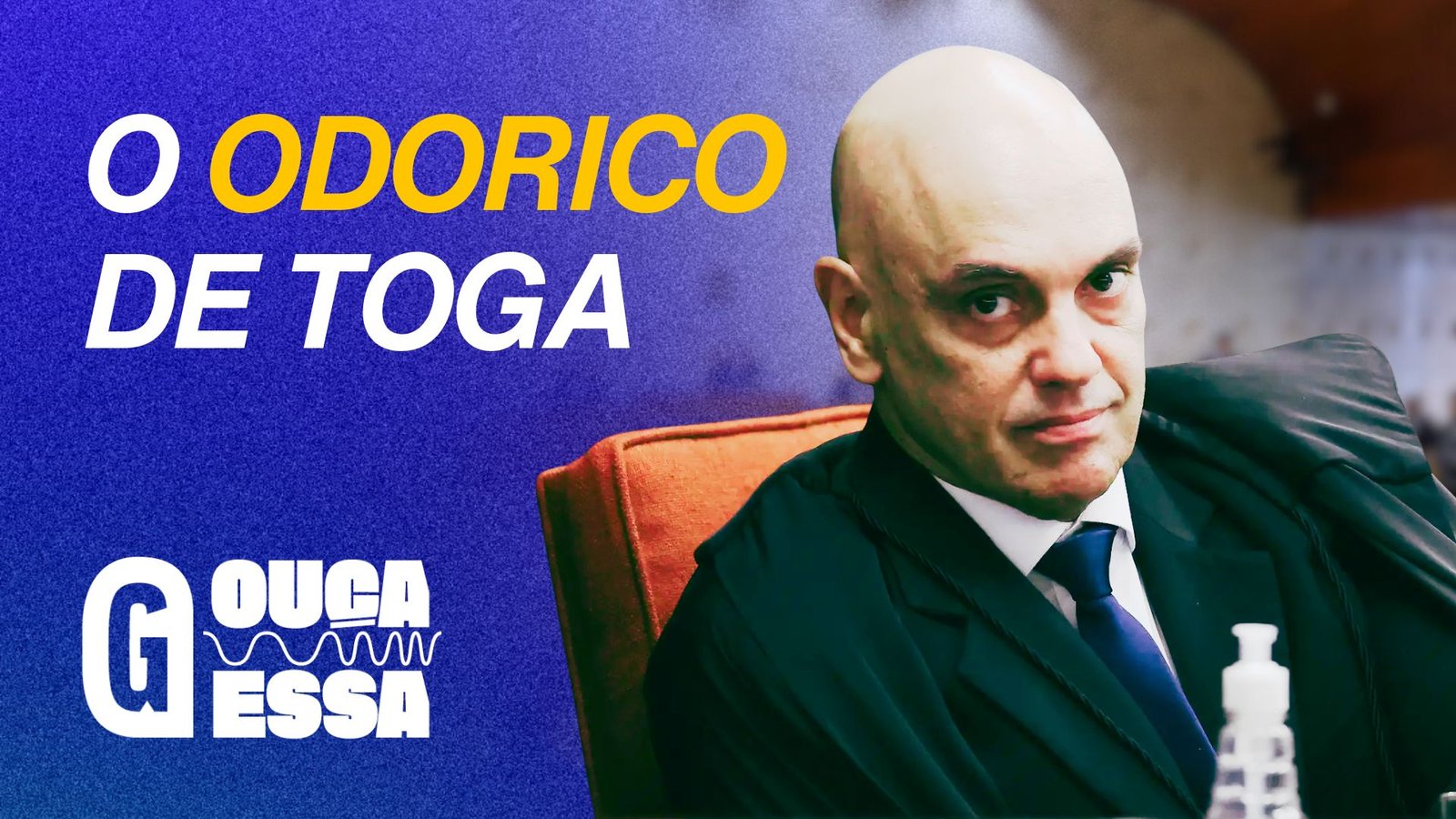
As part of the third edition of the World Meeting on Human Fraternity from 12-13 September, a round table discussion entitled “G20 Information” took place at Rome’s city hall focusing on transparency and freedom of information in a world marked by conflicts and wars.
By Roberto Paglialonga
Representatives from the world of communication and information—directors and CEOs of international media networks— gathered in Rome for the “News G20” roundtable, coordinated by Father Enzo Fortunato, director of the magazine Piazza San Pietro. The event took place on Friday 12 September in the Sala della Protomoteca on Rome’s Capitoline Hill. The participants addressed a multitude of themes, including transparency and freedom of information in times of war and conflict: the truth of facts as an essential element to “disarm words and disarm the world,” as Pope Leo XIV has said, so that storytelling and narrative may once again serve peace, dialogue, and fraternity. They also discussed the responsibility of those who work in media to promote the value of competence, in-depth reporting, and credibility in an age dominated by unchecked social media, algorithms, clickbait slogans, and rampant expressions of hatred and violence from online haters.
Three pillars of our time: truth, freedom, Dignity
In opening the workshop, Father Fortunato outlined three “pillars” that can no longer be taken for granted in our time: truth, freedom, and dignity. Truth, he said, is “too often manipulated and exploited,” and freedom is “wounded,” as in many countries around the world “journalists are silenced, persecuted, or killed.” Yet “freedom of the press should be a guarantee for citizens and a safeguard for democracy.” Today, Fr. Fortunato continued, “we have many ‘dignitaries’ but little dignity”: people are targeted by “hate and defamation campaigns, often deliberately orchestrated behind a computer screen. Words can wound more than weapons—and not infrequently, those wounds lead to extreme acts.” Precisely in a historical period marked by division and conflict, humanity—despite its diverse peoples, cultures, and opinions—is called to rediscover what unites it. “Pope Leo XIV’s words echo: ‘Before being believers, we are called to be human.’” Therefore, Fr. Fortunato concluded, we must “safeguard truth, freedom, and dignity as common goods of humanity. That is the soul of our work—not the defense of corporations or interests.”
Ruffini: Restoring hopeful perspectives to every narrative
To make this safeguarding real and fruitful, information remains central “in weaving the fabric of our future,” emphasized Paolo Ruffini, Prefect of the Dicastery for Communication. That’s why media must guard the “border” between: “Good journalism and bad journalism, between gossip and analysis, between the patient search for truth and the hasty spread of spoiled news, between a communication system based on sharing truth and one based on indifference to it.” To “disarm words” does not mean surrender. Pope Francis, Ruffini recalled, has said that communication must be disarmed from all prejudice, resentment, aggression, fanaticism, and hatred; freed from the drug of deceptive simplifications, and from the paradigm of domination, possession, and manipulation.
Similarly, Pope Leo XIV stated: “if we disarm words, we will help disarm the world,” rebuilding the possibility of a peaceful world. This means confronting the power of algorithms, which “risk becoming the gatekeepers of our thoughts,” trapping people in “bubbles” shaped by their preferences—creating a world with no real freedom, where opinions are not challenged, but only reinforced in a hall of mirrors with neither beginning nor end.
The challenge, Ruffini said, is to “resist the corrosion and corruption of communication,” and “restore grounding to news and hope to every narrative”—in order to build a new humanism. As for the rules of communication, “there can be no algorithm for truth without freedom,” he stressed. We must return users to the role of stakeholders and train journalists to produce quality content. Because, as Martin Luther King said: “Only light can drive out darkness, and only love can drive out hate.”
Giving a voice to the voiceless
“The common ground of shared words and accepted facts is essential and vital to everything that has been weakened recently: the ability to negotiate, to reach compromise, and therefore to restore peace,” echoed Jérôme Fenoglio, director of Le Monde. To this, Joe Ageyo, director of the Kenyan-based Nation Media Group, added the importance of telling the stories of humanity that often goes unheard, like the millions affected by the horrors of war.
Al Khatib (Al Jazeera): Honoring journalists killed in Gaza
Dima Al Khatib, CEO of Al Jazeera+, spoke emotionally about journalists killed while covering the Gaza conflict over the past two years. She showed photos of her colleagues, such as Anas Al Sharif, who wrote farewell letters to their families months in advance because they knew they would likely die. “In less than two years,” Al Khatib said tearfully, “more journalists have been killed than in World War II, Vietnam, and Afghanistan combined.” And yet, she added, “humanity still finds the strength to rise and protest” against such barbarity.
Respecting historical truths to preserve freedom
“The fraternity of truth and facts is constantly under attack in our time,” said Alessandra Galloni, editor-in-chief of Reuters. But this makes it even more vital for the future and for the next generation, added Tom Cibrowski, CEO of CBS. The challenge is enormous: Luigi Contu, director of ANSA, warned that public opinion is disoriented, and in this chaos, everything becomes indistinguishable. We risk losing the ability to tell truth from propaganda. And with tools like AI making reality manipulable, we risk losing the power to inform and educate aware citizens. What’s needed is resistance—“respecting the inner moral compass, telling facts as they are, not as we wish them to be. Giving voice to all, without becoming partisans.” Otherwise, “if we don’t respect historical truths, we will lose the ability to do our job—and our freedom.” Still, Mark Thompson, CEO of CNN, urged against pessimism: “Let’s assume that there are still billions of people out there who, alongside personalized media, still want access to content—news, debates, culture, history—that fosters understanding and respect across traditions, identities, and shared experiences.”
Bringing back the word “service” to the center
Simona Agnes of RAI and board member of the European Broadcasting Union (EBU) emphasized the need to recenter journalism around the idea of service: only then can we recognize “the unique and unrepeatable dignity of the person.” “Being at the service of a community means providing tools to correctly interpret reality, representing the richness of diversity, protecting the vulnerable. It means building a fraternity in which we recognize and accept one another. All of us.”
Projects in Peru: Reaching the youth
There are already experiences moving in this direction. Juan Aurelio Arévalo Miro Quesada, editor-in-chief of El Comercio (Peru), shared a project launched five years ago with UNICEF: “Student Correspondents”, where over 3,000 children from all 24 regions of the country report on issues in their communities under the guidance of 30 journalists. “It’s a way to teach the values and responsibilities of journalism from a young age, while connecting with children, their teachers, and their parents.” Additionally, a space called “Voz Universitaria” allows university students to share reflections on Peru’s greatest challenges.
Ressa: The future is written by the choices we make together
Maria Ressa, Filipino-American journalist, CEO of Rappler, and 2021 Nobel Peace Prize laureate, said: “We are living through an information armageddon, where facts are under attack, truth is being killed, and the victim is trust—which makes communication and governance impossible.” Citing a 2018 MIT study, she noted: “Lies spread six times faster than facts—thanks to algorithms.” But we are not powerless: “We can fight for truth, human agency, and the future we want—by returning to our core mission: serving the public interest, building communities of action, and using technology in service of that public interest.” Her final call: “The future is not written in code. It is written by the choices we all make—together.”
Gambetti: Building fraternity to grow in humanity
Finally, Cardinal Mauro Gambetti, Archpriest of Saint Peter’s Basilica, closed with a powerful reminder: “The more we build fraternity and recognize one another as brothers and sisters, the more we grow in humanity—and vice versa. Knowing that each person who comes into the world is a gift to the world.”




